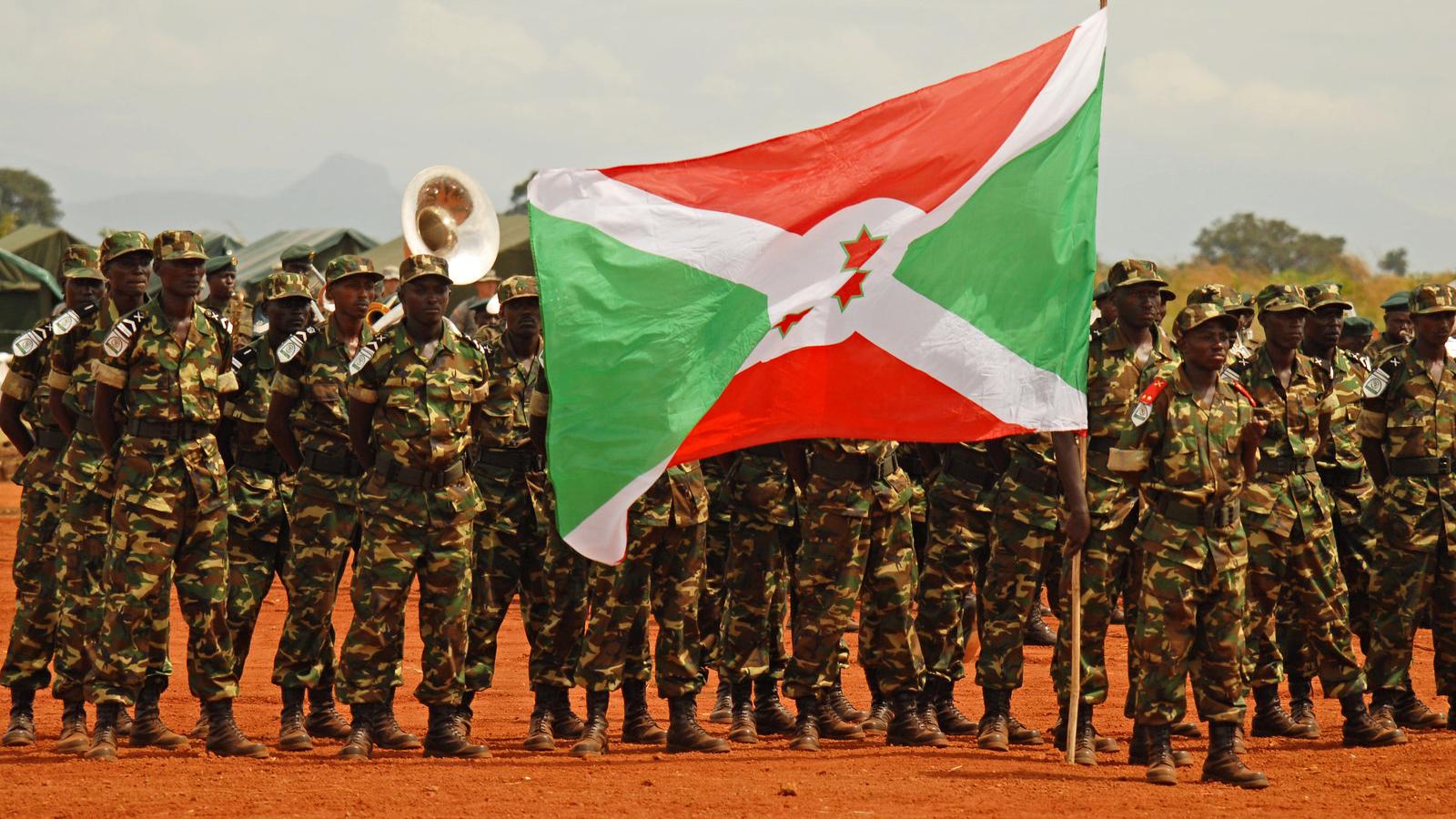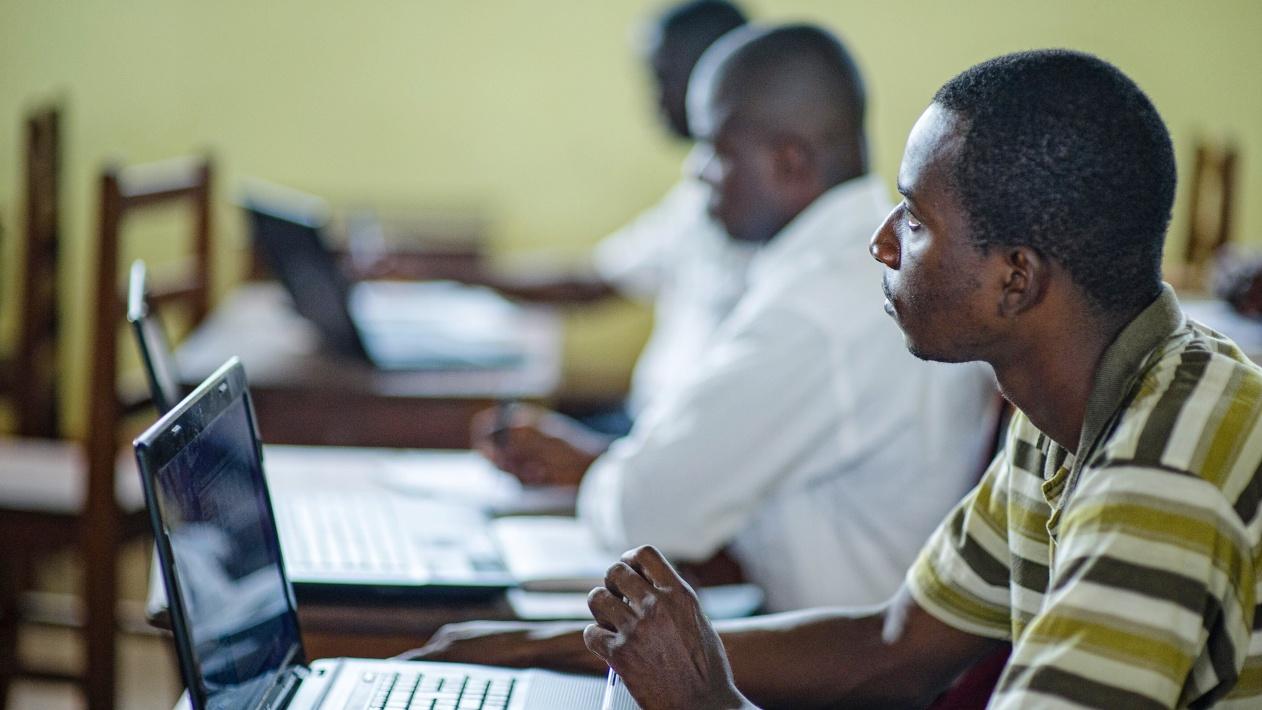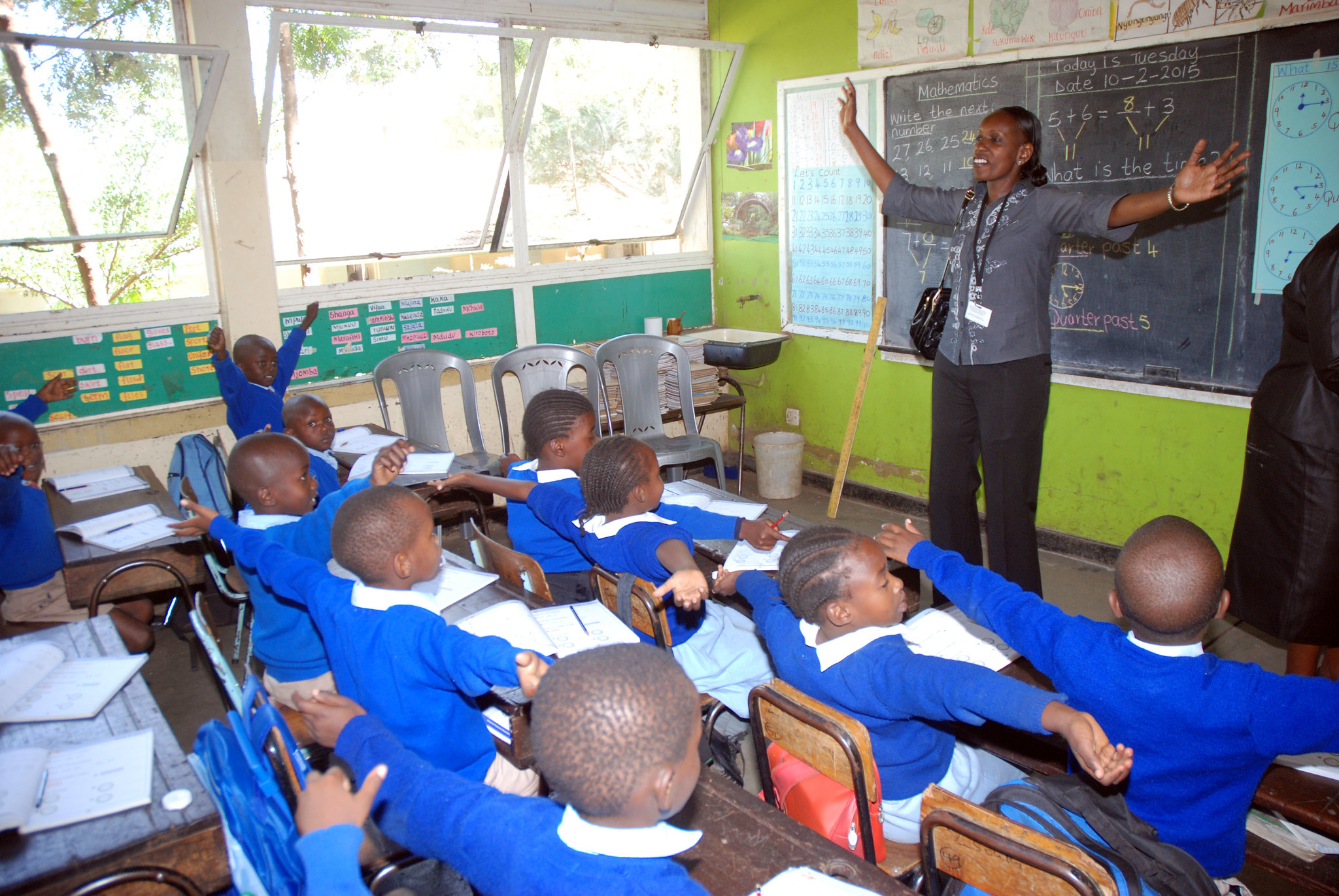After attending the recent Decolonizing the Academy conference, LSE’s Aaron Munzaa asserts that while listening is good, it is critical that there is active engagement in deconstructing dominant and oppressive power structures and legacies in all spheres of life.
Conversations on colonisation and racism are difficult to have between races. These brutal racial ideologies have left a scar in the conscience of humanity. What is even more difficult is to confront the reality that the legacies of this noxious and oppressive heritage persists in our world today – from pristine halls of the academy to the murky residences of shack dwellers, as was ably examined on 21 and 22 April 2016 at the University of Edinburgh during a conference aptly themed Decolonizing the Academy. Brave scholars congregated to discuss and share experiences on this incredibly complex issue and the many faces it wears in our world today. There was great diversity among those present and the depth of their work was enlightening as they exchanged ideas and experiences in confronting multiple power structures of domination that continue to exist in the classroom, research, publishing, language, ideas, history, and institutions among others.

Justin Trudeau, the newly-elected Canadian prime minister, quipped with a shrug “because it’s 2015!” in response to a reporter’s question on why it was important to him to have a gender-balanced cabinet. There was something refreshing about the collective sigh and nervous laughter of those present. Society is both aware and uncomfortable with the skewed balance of power that exists today in politics and by extension other spheres of life such as the academy. Yet listening to scholarly voices at Edinburgh it quickly became clear that “it is not 2015 yet” for many whose lives are dominated and dictated by the power structures with manifestation of vestiges of colonial past. What alarms one coming from a society where these inequalities are not dominant into a society that is dominated by those who have benefited from this imbalance is the sudden realisation that your worth as a person can so quickly and violently be diminished by how those around you are conditioned to see, hear, talk and perceive one from a position of inferiority. Suddenly those who once considered themselves liberated find themselves ‘silently’ and at the same time ‘loudly’ enslaved by these legacies of historical discrimination and exclusion.
In presenting her work, Race and racism studies: on the epistemologies of the oppressed, Chaka Laguerre from University of Cambridge gave a powerful framework that can be used in talking about other people’s experiences. What makes her work especially important and relevant to issues surrounding African Studies is the power that universities have in shaping narratives. Empowerment for the oppressed to speak for themselves without their experience being framed by language of the dominant voice and being misrepresented is necessary in addressing injustice. The multiple role universities play such as being custodians of knowledge and as institutions of social justice, endows them with unparalleled privilege in deciding whose voice gets prominence and whose voice gets edited out.
Publishing as an avenue for shaping the Africa narrative by African scholars has been frustratingly tilted to a Western-centric view of Africa. The prestigious journals are Western-based and the standards for publishing favour this tilt. Access is privileged with the cost being prohibitive for African scholars based on the continent. This frustration was appropriately captured in Dr Jimmy Spire Ssentongo’s contribution during the conference with his work titled ’I will not publish and I will not perish’: Re-imagining research justice in African academia. Dr Ssentogo had to make his presentation via video because he could not get a visa to travel to Edinburgh from Uganda where he is based at Uganda Martyrs University. Ironically this emphasised another balance of power that continues to frustrate African scholarship and highlighted the odds African scholars face in shaping the Africa narrative. The struggle to get published, the Western-centric domination of the Africa narrative, the privilege and the prestige of Western journals, effectively hijack Africa’s story from Africa. It matters who tells the story and how it is told because ideas matter and perspectives greatly count in scholarly circles. It is therefore an opportune time to ask the important questions that were at the centre of the conversation in Edinburgh: Why do African scholars struggle to publish and why should we concern ourselves with it? What is African about African studies in Europe? and Who do these centres of African studies in Europe serve?
The experience of bias and discrimination is probably better seen in the recent wave of activism originating from South Africa. The conversation inevitably and commendably concluded with activism in the academy. The historical legacy of colonisation and its propagation in the academy was brought into clearer focus on the Rhodes Must Fall reflections. Simukai Chigudu of University of Oxford clarified the distortions that have accompanied the rise of this movement. Arguably, the rise of this movement subsequently gave voice to many in the academy in South Africa and England. The cruel colonial legacy and its pervasive propagation in our present times is once again on the table. The conversations are both uncomfortable but necessary. Credit to the African scholars in finding their voices and credit to Western scholars who had the grace to listen and empathise and lend voice; yet listening is not enough. Active engagement in deconstructing dominant and oppressive power structures and legacies in all spheres of life is critical. We cannot change history but we can confront and change its persisting oppressive legacy as we seek to restore dignity and social justice to our world.
You can also read reflections on the #Decolonizing Education Conference at the University of Sussex.
Aaron Munzaa is a PfAL scholar and a Masters Student in Development Management at LSE.
Aaron Munzaa is part of LSE’s Programme for African Leadership which facilitated attendance and participation in this conference.
The views expressed in this post are those of the author and in no way reflect those of the Africa at LSE blog or the London School of Economics and Political Science.






3 Comments